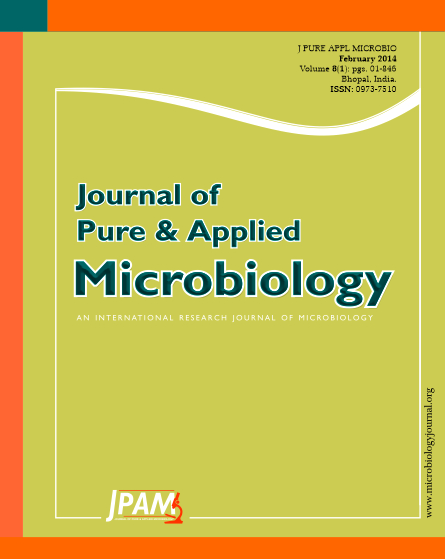The study involved estimation of the Quorum Sensing Inhibition (QSI) potential of aqueous extracts of three of plant leaves viz. pine needle, green tea and mugwort against the soft rot pathogen, Pectobacterium carotovorum in Tobacco system. In an agar well diffusion assay, the extracts showed QSI activity against the bio-indicator bacteria, P. aureofaciens strain 30-84. However the extracts at the tested concentration did not show bactericidal/antibiotic effect. In the initial screening performed in vitro, using tobacco seedlings, all the extracts under study showed QSI activity upon challenge inoculation with P. carotovorum. Green tea leaf extracts rendered the highest level of disease suppression (93%) followed by leaf extracts of Mugwort and pine needle. Experiments were repeated under greenhouse conditions and found that the crude extracts significantly reduced disease symptoms upon challenge with the pathogen. The results suggested that commercial pine needle, mugwort and green tea extracts could significantly destabilize the QS mediated pathogenicity in P. carotovorum – Tobacco system and be effectively applied for the control of soft rot. The extracts are also expected to work well with QS mediated pathogenicity in other plants, which requires further detail study. Also it offers an environmentally friendly means of plant protection.
Quorum Sensing Inhibition, Pectobacterium carotovorum, soft rot, Tobacco, Plant extracts
© The Author(s) 2014. Open Access. This article is distributed under the terms of the Creative Commons Attribution 4.0 International License which permits unrestricted use, sharing, distribution, and reproduction in any medium, provided you give appropriate credit to the original author(s) and the source, provide a link to the Creative Commons license, and indicate if changes were made.


